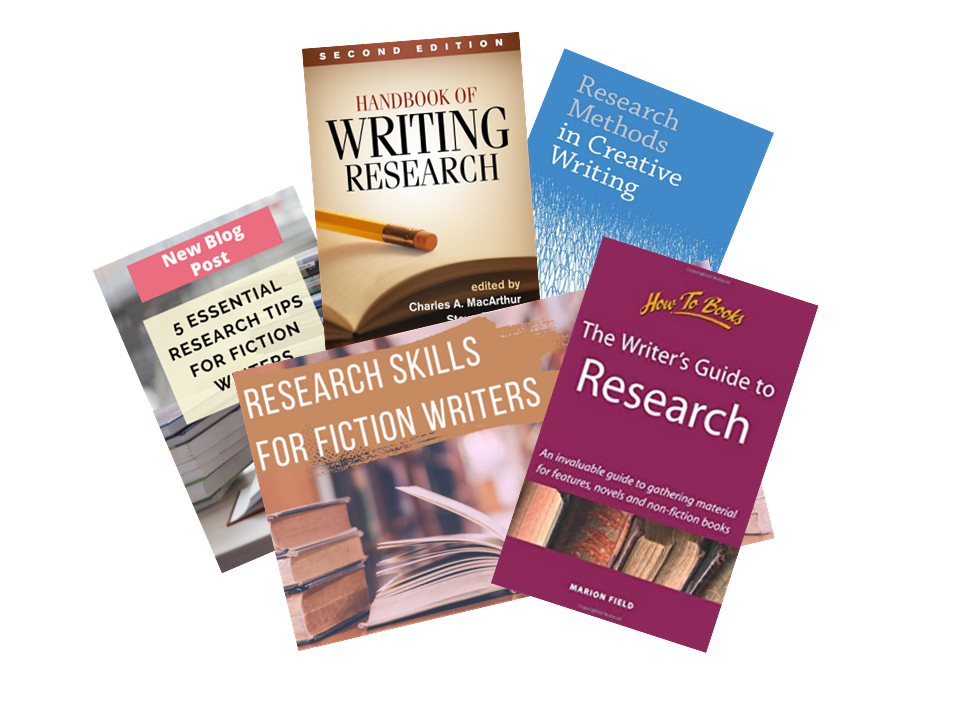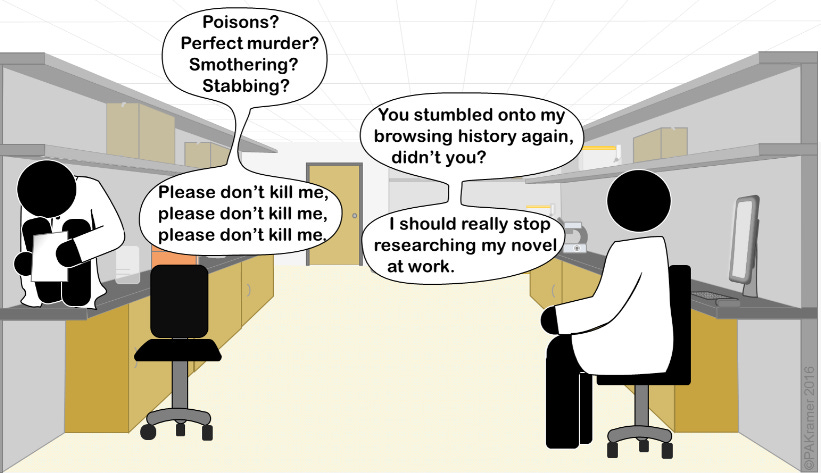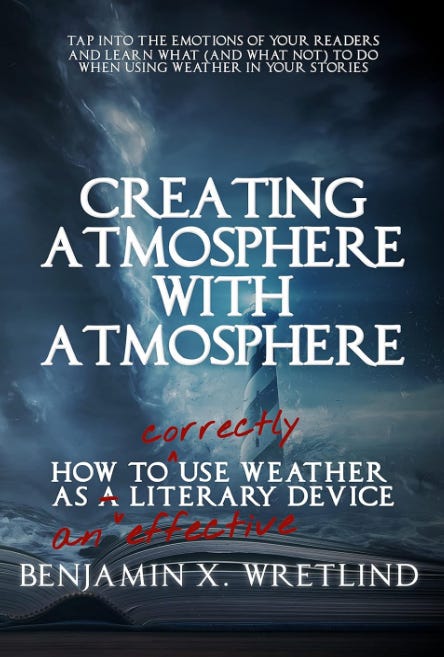Last issue I suggested that you conduct at least a modicum of research prior to writing. This time we’ll talk about getting that info together, and next time we’ll discuss what to do with it when you’ve got it.
A simple search online will nab you all kinds of books, webinars and even YouTubes promising to share research secrets.
This article on ProWritingAid even promises to take you “Beyond Google: 6 Reliable Resources for Researching Your Novel,” listing such ideas as “Interlibrary Loan” sites, and “Museum and National Archives.”
All of which leads to wondering whether we truly have to buy books and go “beyond Google.” Isn’t it easier to research online by simply entering search terms? To which I’d have to answer YES.
There are exceptions. Last issue I mentioned needing to get the lowdown behind killing someone in freezing temperatures. Not because I really wished to do this myself, but because the antagonist in my psychic detective series, Touch, needed this information in regards to a case. These facts were not that easy to find, never mind that I felt mildly creepy finding them. If you’re writing mystery, horror or crime fiction you often have somewhat anomalous—or offbeat—details like this to uncover. Here’s where you might consider a book or two.
(Thanks to P.A. Kramer for this cartoon, and his moderately-disturbing article, “The Science of Killing Your Character.”)
The prolific fiction writer D.P. Lyle also happens to be a doctor, and has authored several entertaining resource volumes explaining the cold truths of morbidity which you might not easily find otherwise.
And while we’re discussing the few resource books you might consider for your research, I’ll throw in another fine book here by another multiply-published author, Benjamin X. Wretlind: “Creating Atmosphere with Atmosphere,” which discusses using weather in your fiction.
And speaking of books, what about using fiction-reading as research? Reading a good book and calling it research seems a lot like stalling, after all. Plus, if you’re using that material, isn’t that plagiarism?
For starters, let’s harken back to Writing Rhythm Issue #16, “Read While You Write,” and Roald Dahl, who was quoted there.
As far as the plagiarism bit, get a load of this quote from Austin Kleon’s book “Steal Like an Artist.”
“Stealing from one person is plagiarism. Stealing from 100 is research.”
My take on both of the above concerns? Think of last issue’s caution to control the amount of research you’re doing, then follow through by only reading what you strictly need. As far as plagiarism? Don’t, of course. But there’s no harm in being inspired by another’s creativity and direction and then injecting your own style and spin into that.
But one last word on plagiarism, lest the Austin Kleon quote muddied the waters.
Personally, when I am in the process of writing I purposefully avoid fiction that covers similar territory so there is no question that I might unconsciously copy ideas. But maybe that’s just me (more on this in Writing Rhythm Issue #16, “Read While You Write”).
Where else can you gather inspiration? The MasterClass article “How to Research a Novel” implies that you should read everything, watch documentaries and listen to podcasts, meet with everyone, go everywhere, and follow your interests. Always, of course, with your particular fiction project in mind.
The field of research, in other words, is wide open.
So, there are some notions about where to look. Let’s briefly address what we’ll be looking for, using...
Q: How do you personally decide what to research?
A: In true “plotter” * style, I use a general outline for my books, making notes all along. Potential research topics include setting, time period, language nuances, specific “small picture” items like description and names of implements the characters might use, weapons or forensics information if I’m writing a mystery, and many more, varying wildly from book to book and genre to genre.
(In the next issue I’ll illustrate by sharing a potpourri of topics listed in the Research section of a Scrivener file.)
* To be precise, in Writing Rhythm Issue #12: Pantsers vs. Plotters, I identified as a “lawful plantser,” but you gotta go back if you really need to see what that means…
One of the points I’ve been stressing about research is this: if you stray too far out of the norm by doing either too little or too much, your research style will be in danger of being described with this issue’s vocabulary word. And you don’t want that.
What is anomalous?
Action Plan
Come to craigstrickland.net to contact me, read my fiction, and see what’s upcoming…
Next Up:
35) Pre-writing Research: Organizing and Using It in Your Fiction. Pre-writing Research 3 of 3. See you in two weeks!
Craig























I am at a point in a current manuscript where its evident [to me] that I didn't do enough research.... lesson learned!